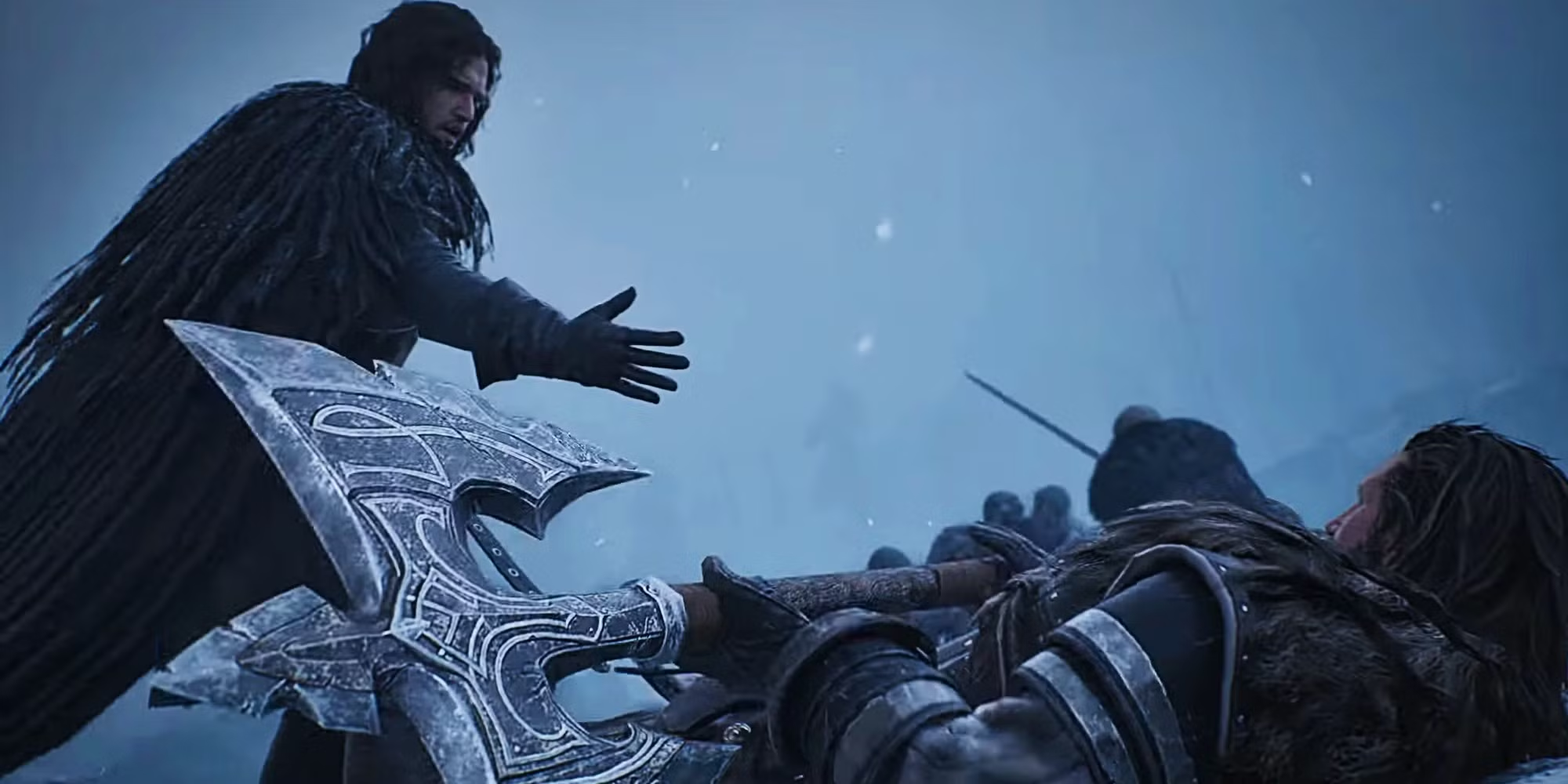Just a little anniversary notice: On April 17, it will have been 10 years since the premiere of a little show called “Game of Thrones,” an adaptation of George R.R. Martin’s fantasy-novel series “A Song of Ice and Fire.”
By the time the epic wrapped up in 2019, an average of 30 million people were watching each weekly episode when all platforms were taken into account, and no scripted series was getting more buzz or creating more young stars.
In some ways, “Game of Thrones” was a bit of an outlier, a TV blockbuster still clinging to the weekly release model in a time of binge mania. HBO had fans under its spell, as it insisted that these on-demand-addicted viewers watch the show live each week, on HBO’s schedule and not their own. The weekly approach helped the channel create a vital, ongoing, and increasingly rare conversation around the storylines. It also helped HBO keep “Game of Thrones” on the publicity circuit and in our heads for extended periods of time; binge shows, with entire seasons released on a single day, live only briefly in our attention spans, only a few days per year.
Post-”Game of Thrones,” the “appointment TV” model seems to be making a bit of a comeback, with streamers such as Hulu and Apple TV+ doling out episodes of some of their most promising shows each week rather than letting them go all at once. Disney+ has staggered the release of “WandaVision” to great success in recent months.
“Game of Thrones” inspired a few other shifts on TV. For one thing, “fantasy” was no longer considered bad for business, and every channel has been bent on finding a fantasy-ish epic of its very own. Just wait until Amazon unleashes its series adaptation of “The Lord of the Rings” (probably sometime later this year). The show also broke new episode-budget records, suggesting that if you want a big hit, you need to spend big money to make it cinematic.
Also, “Game of Thrones” didn’t just make it OK to kill off major characters, often intensely violently; it made the many shows whose characters survive everything seem too safe. Of course that didn’t stop the writers from bringing Jon Snow back from the dead, but I digress. When it came to the human toll of its wars, “Game of Thrones” killed it.
Matthew Gilbert can be reached at matthew.gilbert@globe.com. Follow him on Twitter @MatthewGilbert.




















![[Book Review] The Blade Itself (The First Law Trilogy) by Joe Abercrombie](https://bendthekneegot.com/wp-content/uploads/2018/01/1516047103_maxresdefault-218x150.jpg)















